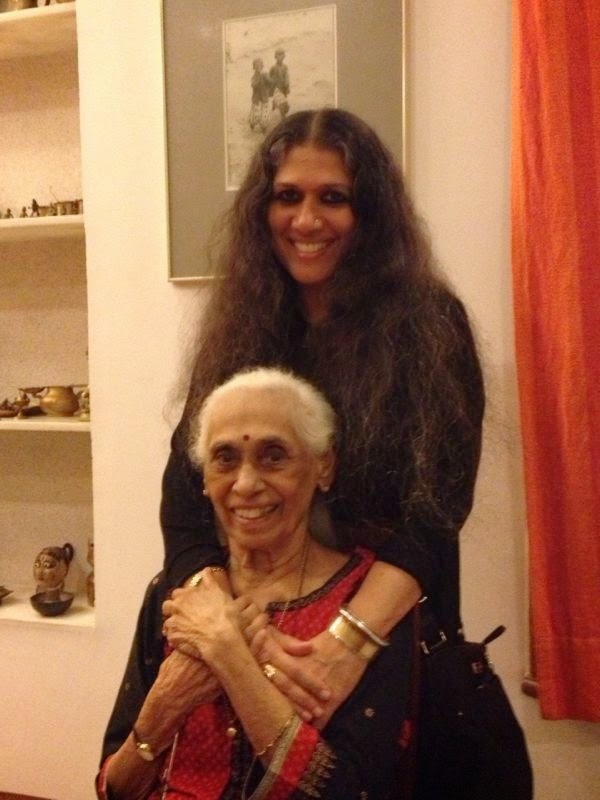a group show
presented from 10th to 18th October 2014
as a SITE art space & The Collective Studio Baroda collaboration
in Vadodara


Residual Remnants was the first exhibition of a the one-year collaborative
venture between SITE art space & The Collective Studio Baroda, which opened on the 10th of October 2014 and concluded on the 18th of the same month. Sharing a vision for art that
focuses upon community and interaction as seminal features that we wished to
engage with, our desire was to also highlight alternative spaces of exhibiting
and discourse as valuable and critical to sustaining an energized and ever-evolving
art context for the city of Baroda.
The curatorial premise for this show was based upon viewing the
perceptions of five artists in relation to how they negotiate specific
observations of an outer world, and how these works then configured a discourse within
this presentation. Each of these artists’ possess personal pictorial languages
that are borne from information and experience, which then phrase the
conceptual territories that they examine, with the particular pertinence that
underlies their personal politics and addresses concerns of humanism that is
central to all five. These filtered perceptions are processed to create a space
of distance for themselves, thereby transposing the work to hold wider meaning,
and to allow collective concerns and empathy to be recognized and shared.
Abir Karmakar concerns himself with a corporality of flesh and body that examines
matter and substance through the erotic of transmuted experiences. Every space
contains an imprint that validates the human presence being recognized. His
sensual feel for paint is almost devotional, as he beckons you to enter into a
place that feels familiar - sometimes dislocated and at other moments a place
of intimate belonging. He is the quintessential easel painter, whose work
reflects the history of art without burden, holding relevant the practice of
his painting as one would the obsession with a lover denied. His world, like a
labyrinth, keeps you in its maze, entranced.
Kim Kyoungae takes you into a sensual space of pulsating life that is steeped in the
blood red of purgation. Derived from the experiences of caring for her mother
during her battle with cancer, these works are like votive offerings that hold
the evocations of life-giving prayers, at an altar of mortality. Pristine, these burgeoning forms are like
ritual flowers of regenerative power. Tactile, you feel their magic powers in
the sacrificial red that seeps through these forms - ever pervasive and real.
Mitali Shah pieces together layers of material that mesh a surface that conjectures
the pain and fatality of a city- disintegrating and revamped, each day. Like a
perpetuating cyclic of inevitability, this life and death ritual plays out.
These wounds, punctured and torn open, are poetic verses of quiet anguish;
delicate yet incisive truths of disregard and neglectfulness.
Poushali Das borrows from the narrative traditions of manuscript and miniature
painting to re-engage with a world of nature that she believes has become a
dispossessed space within the cacophony of mega-media techno-indulgent ideas of
existence. She believes in a universe of co-existence where a heightened
consciousness perhaps offers a journey of discovery to a more ordered and
mediated world; thereby placing all energies within the harmonies of an ideal
existence. She demands of you to enter into the story-telling and to find your
echo within it. Feminine territories are not accidental playgrounds nor fetish
spaces of self-indulgence in her work. Poushali presides over her poetic visual
missives with a precise understanding of her own empowered space as woman; sensuous,
awakened and free.
T.Venkanna carries the beguiling camouflage of being child-man, both within his
persona and his work. This tight-rope walk is a balancing act which plays out
his explorations of the world of sexuality-part pleasure, part service, sometimes
notional and at other times real and subversive – but always omnipresent. He
recalls a childhood where sexual information held proximity to his space of
innocence, leading him to examine the world from this prism of eroticism. In
the seemingly explicit imagery you however chance upon clues to decipher from,
which holds a subtext that the artist encrypts. Like a maverick, Venkanna
defies the norms of expectancy and delivers his magical world that questions
and confronts the stereotypical ways in which sexuality is understood and
defined, without apology.
Rekha Rodwittiya-2014












